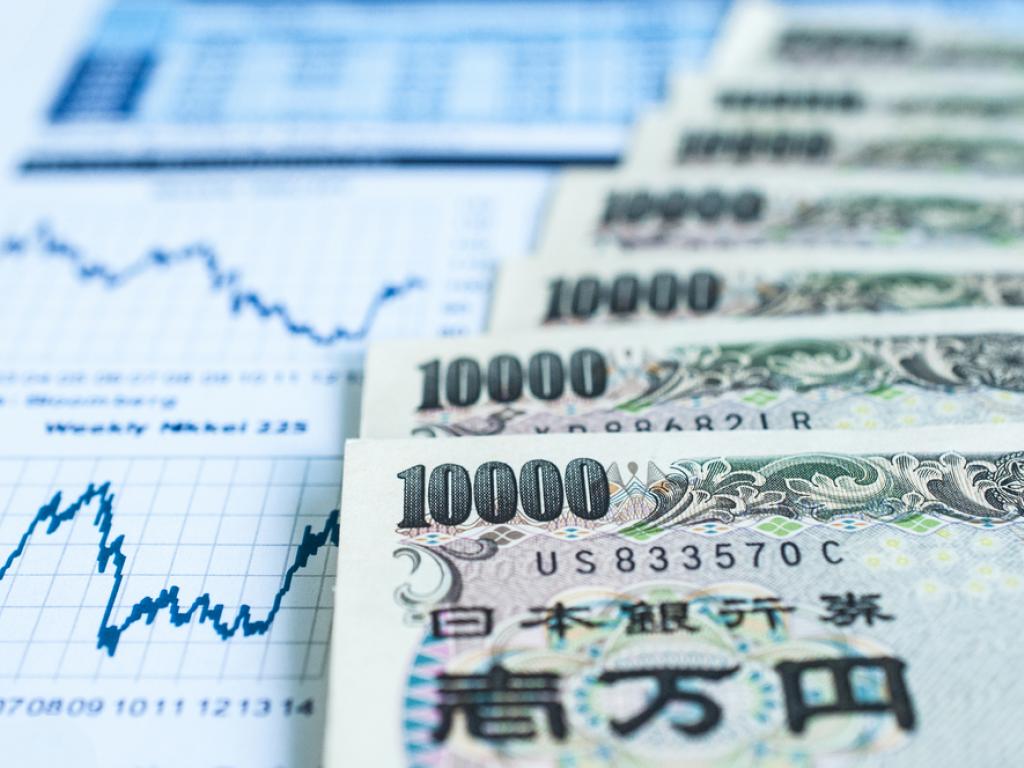Cathie Wood Downplays Impact Of Yen 'Carry Trade' On Markets: Here's Why Ark Invest Founder Thinks Fed Rate Should Be At 1% Now
Author: Shanthi Rexaline | August 06, 2024 12:10pm
The CBOE Volatility Index, known more commonly as the VIX, spiked to levels not seen since the onset of the COVID-19 pandemic amid Monday’s global market meltdown. Fund manager Cathie Wood, founder of Ark Invest, weighed in on the implication of the development.
Making Sense Of VIX Move: The VIX surged past 65 intraday on Monday. Wood said this marked the fourth highest level in the past 40 years, after the “portfolio insurance” failure on Black Monday in Oct. 1987; Lehman Brothers went under in 2008 and the COVID-19 pandemic hit in 2020.
In 1987 and 2020, the “panic/cathartic moves” in the VIX created significant buying opportunities in assets, particularly stocks that had been trounced, Wood said. Following the VIX spike in 2008, the broader equity markets did not bottom for another six months until March 2009.
Monday’s spike in VIX resulted from conditions resembling both 1987 and 2008, the Ark Invest founder said. She noted the portfolio insurance failure that led to the Black Monday in 1987 resulted from people trying to cash out at the same time. This is similar to what is happening with yen “carry trades” currently, she said.
See Also: Best Penny Stocks
Yen Carry Trade: Wood noted that investors and speculators were borrowing yen at “de minimis” interest rates for the past three years. They bet on the currency’s continued depreciation and reinvested in higher-yielding U.S. fixed income, with some of these recently going into the Magnificent Six stocks, she said.
The Magnificent Six is a collective name given to NVIDIA Corp. (NASDAQ:NVDA), Meta Platforms, Inc. (NASDAQ:META), Alphabet, Inc. (NASDAQ:GOOGL) (NASDAQ:GOOG), Microsoft Corp. (NASDAQ:MSFT), Amazon.com Inc. (NASDAQ:AMZN) and Apple, Inc. (NASDAQ:AAPL).
As U.S. data released last week soured and the Bank of Japan raised rates further, investors and speculators faced margin calls forcing them to unwind the yen carry trade, Wood said.
“Delivering consistent returns over many years, the yen carry trade probably was leveraged and is hurting macro-oriented strategies disproportionately,” she said, adding that “like 1987 and unlike 2008, its impact could be limited.”
Unlike in 1987 and like 2008, broad-based price deflation could be more relevant currently, the fund manager also said. The metals-to-gold ratio suggests the 10-year Treasury note should yield 2% as opposed to the 3.8% level seen currently.
Wood also said if the 10-year Treasury note yield was around 2% now, the Fed funds rate should be closer to 1%. The Fed rate is currently perched at a 22-year high of 5.25%-5.50%.
The SPDR S&P 500 ETF Trust (NYSE:SPY) traded up 1.69% at $526.15, according to Benzinga Pro data.
Read Next:
Photo: Shutterstock
Posted In: AAPL AMZN GOOG GOOGL META MSFT NVDA SPY





